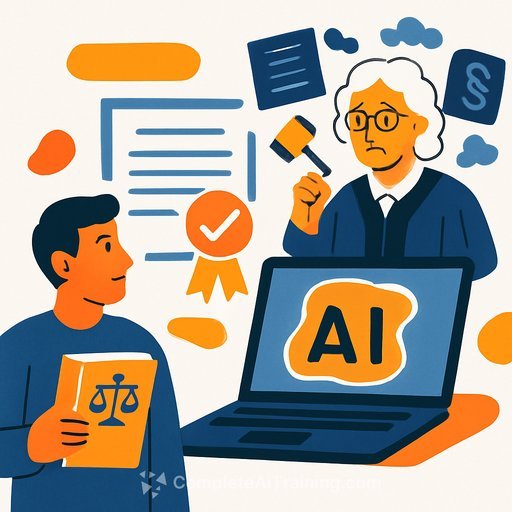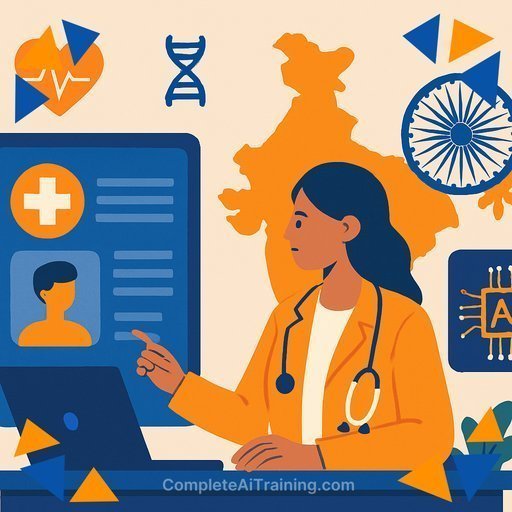Mississippi College School of Law Becomes First in the Southeast to Require AI Certification
Mississippi College School of Law (MC Law) will require every student to complete an AI certification course before graduating. It's the first law school in Mississippi-and the first in the Southeast-to make AI training mandatory, following Case Western Reserve University School of Law's move earlier this year.
"Whether our students plan to be litigators or transactional attorneys, their future employers will expect familiarity with these AI tools. We want the firms hiring our students to be confident that every MC Law grad is competent in AI technologies," said MC Law Dean John Anderson.
What the Program Includes
The inaugural Introduction to AI and the Law program launches this spring. It combines classroom instruction with hands-on work in current AI tools.
- Duration: 12-14 hours over four sessions
- Core coverage: foundational AI concepts, prompting techniques, ethics, and the regulatory environment
- Format: practical training plus a certification assessment
The program is being designed and taught by Oliver Roberts, Adjunct Professor at Washington University School of Law, Co-Director of the WashU Law AI Collaborative, and Founder and CEO of Wickard.ai. He previously taught the first required AI course at Case Western.
A State-Level Push Backed by Funding
Mississippi Governor Tate Reeves awarded MC Law a $723,000 grant to establish the Center for AI Policy and Technology Leadership (CAPTL), a joint initiative with the MC School of Business. CAPTL will brief lawmakers and staff on AI-related proposals and track policy developments across the U.S.
MC Law's location-near the state capitol, supreme court, governor's mansion, and major firms-positions the school to support a broader Mississippi AI ecosystem. CAPTL plans to expand programming for state and regional leaders.
Why This Matters to Legal Employers
- Baseline competence: Graduates will have working knowledge of AI tools used for research, drafting, and admin tasks.
- Faster onboarding: Less time spent teaching basic AI workflows and prompt quality.
- Risk controls: Ethics and policy components reinforce confidentiality, bias awareness, and appropriate use.
- Regulatory awareness: Students learn how emerging rules affect client counseling, e-discovery, and data handling.
Momentum Across Legal Education
More law schools are building AI into their curricula, and mandates like MC Law's may soon become standard. The National Law Review (NLR), in partnership with leaders in tech and legal education, plans to publish the first rankings of law school AI programs in Fall 2026.
The rankings aim to give faculty, administrators, employers, and applicants an apples-to-apples comparison of how schools teach AI literacy. NLR expects to share details on metrics, data sources, and participation in the coming months.
Mr. Roberts also serves on the editorial board of the NLR "AI & the Law" newsletter.
What Law Schools and Firms Can Do Now
- Law schools: Establish a required AI baseline, include ethics and policy, assess proficiency, and integrate AI across clinics and doctrinal courses.
- Firms: Update hiring criteria to reflect AI competence, set clear policies for tool use, and offer ongoing training for lawyers and staff.
Helpful Resources
For Teams Seeking Structured AI Certifications
If your organization is building AI skills and wants credentialed pathways, explore curated options here: Popular AI Certifications.
Prospective students want proof they will be ready to practice in a digital environment, and employers will expect it. Schools that lead-like MC Law-will stand out to both applicants and hiring partners.
Academic institutions, researchers, or law students interested in contributing to the design or data collection phases of the NLR law school AI rankings can contact Gary Chodes at gchodes@natlawreview.com.
Your membership also unlocks:






